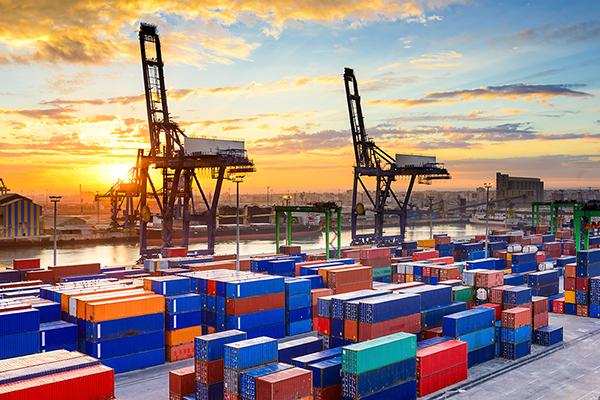‘Addressing structural constraints crucial for AfCFTA’
Economics Association of Malawi (Ecama) has asked authorities to ensure the country addresses underlying structural constraints the economy has and put strategies in place that will minimise the Balance of Payment (BoP) position.
Ecama president Lauryn Nyasulu speaking in an interview within the context of the operationalisation of the Africa Continental Free Trade Area (AfCFTA) said Malawi needs to align its industrial policy on the advantages that the economy possesses.

She said: “What is needed for countries like Malawi with a wide trade balance is to promote production of goods and services for export.
“The country needs to address its weak manufacturing base and ensure industrial policies aimed at preferential treatment especially those concerning SMEs and manufacturing are in place.”
Nyasulu noted that in such arrangements, there are always winners and losers; it all depends on how the country prepares.
“We need to decide to be winners and take necessary steps to achieve that. The issue of standards certification needs to be addressed holistically and ensure products are locally certified by Malawi Bureau of Standard (MBS),” she said.
Meanwhile, data provided by the Reserve Bank of Malawi (RBM), shows that the underperformance of the external sector continued into the fourth quarter of 2020 as demand for imported goods remained higher than the amount of exports receipts required to finance them.
The figures show that in the last quarter of 2020 trade balance widened to a deficit of $566.7 million (about K436.3billion) in the fourth quarter from $532 million (about K410.1 billion) in the previous quarter.
This deficit was wider, when compared to the corresponding period of 2019 whose deficit stood at $352.8 million (about K271.3 billion), an indication that the country is still embracing imports.
The development has in turn seen the market continuing to experience foreign exchange supply shortages and the Covid-19 pandemic has since exacerbated the situation. Reflecting this development, the kwacha depreciated further and traded at K787 per dollar from K773 in December 2020.
Trade experts and the Malawi Confederation of Chambers of Commerce and Industry (MCCCI) also previously advised that the AfCFTA has to be backed up by increased productive capacity, enhanced regional value chains and removing internal obstacles to the growth of small and medium enterprises so that African countries, including Malawi, can compete well in a liberalised regional market.





